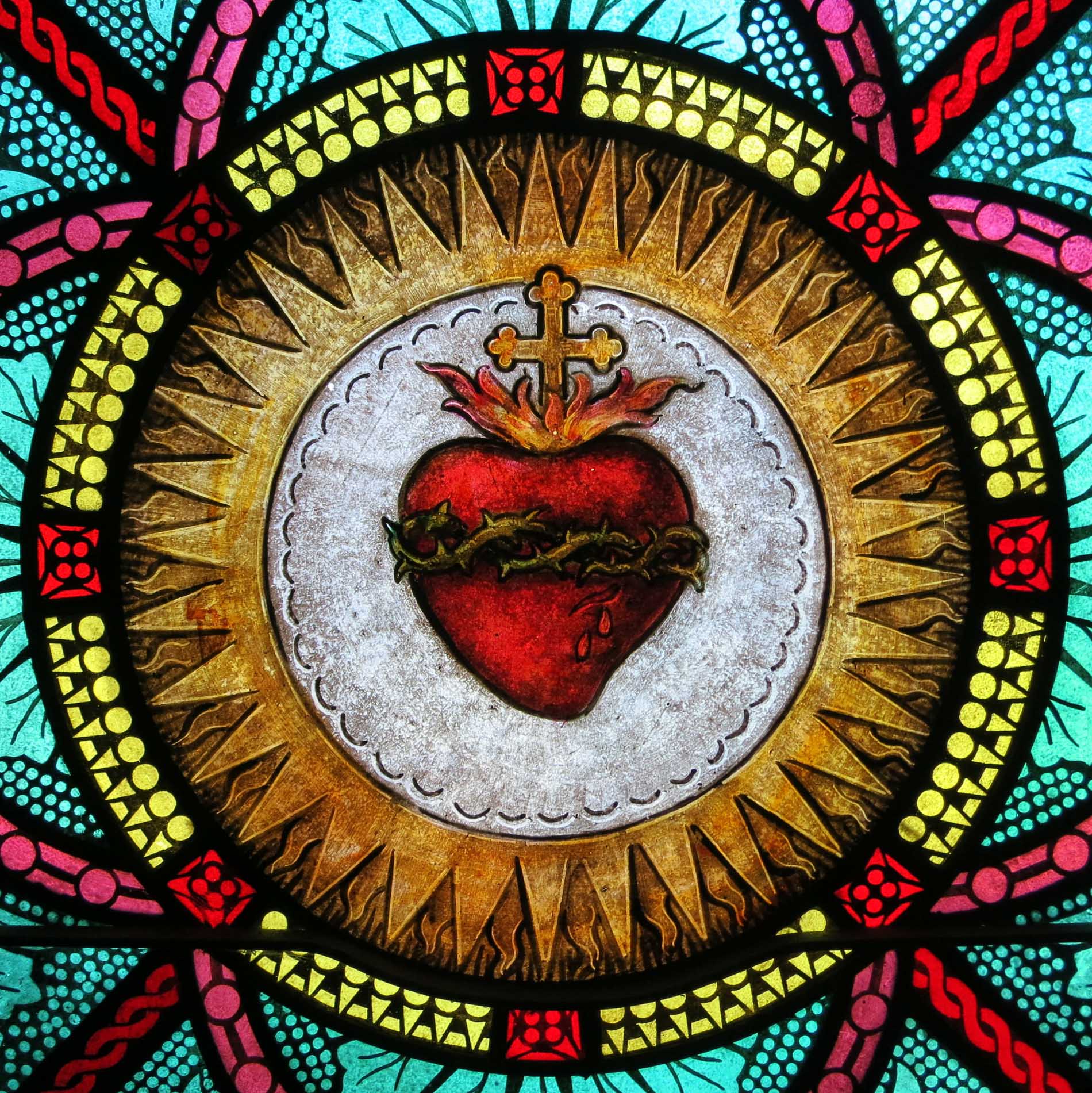Regina Caeli – Queen of Heaven, Rejoice!
The Regina Caeli, Latin for “Queen of Heaven,” is a hymn and prayer ...

Clement’s letter to the Corinthians, one of the earliest Christian documents after the New Testament writings, is focused on restoring unity and harmony in the church following rebellion against the presbyters of the Corinthian Church.
Let the man truly possessed by the love of Christ keep his commandments. Who can express the binding power of divine love? Who can find words for the splendor of its beauty?
Beyond all description are the heights to which it lifts us. Love unites us to God; it cancels innumerable sins, has no limits to its endurance, bears everything patiently. Love is neither servile nor arrogant. It does not provoke schisms or form cliques, but always acts in harmony with others. By it all God’s chosen ones have been sanctified; without it, it is impossible to please him. Out of love the Lord took us to himself; because he loved us and it was God’s will, our Lord Jesus Christ gave his life’s blood for us – he gave his body for our body, his soul for our soul.
See then, beloved, what a great and wonderful thing love is, and how inexpressible its perfection. Who are worthy to possess it unless God makes them so? To him therefore we must turn, begging of his mercy that there may be found in us a love free from human partiality and beyond reproach.
Every generation from Adam’s time to ours has passed away; but those who by God’s grace were made perfect in love have a dwelling now among the saints, and when at last the kingdom of Christ appears, they will be revealed. Take shelter in your rooms for a little while, says Scripture, until my wrath subsides. Then I will remember the good days, and will raise you from your graves.
Happy are we, beloved, if love enables us to live in harmony and in the observance of God’s commandments, for then it will also gain for us the remission of our sins. Scripture pronounces happy those whose transgressions are pardoned, whose sins are forgiven. Happy the man, it says, to whom the Lord imputes no fault, on whose lips there is no guile. This is the blessing given those whom God has chosen through Jesus Christ our Lord. To him be glory for ever and ever. Amen.
We should pray then that we may be granted forgiveness for our sins and for whatever we may have done when led astray by our adversary’s servants. And as for those who were the leaders of the schism and the sedition, they too should look to the common hope. For those who live in pious fear and in love are willing to endure torment rather than have their neighbor suffer; and they more willingly suffer their own condemnation than the loss of that harmony that has been so nobly and righteously handed down to us. For it is better for a man to confess his sins than to harden his heart.
Who then among you is generous, who is compassionate, who is filled with love? he should speak out as follows: If I have been the cause of sedition, conflict and schisms, then I shall depart; I shall go away wherever you wish, and I shall do what the community wants, if only the flock of Christ live in peace with the presbyters who are set over them. Whoever acts thus would win great glory for himself in Christ, and he would be received everywhere, for the earth is the Lord’s and the fullness thereof. Thus have they acted in the past and will continue to act in the future who live without regret as citizens in the city of God.
This post on love and the Church’s tradition of harmony & unity is an excerpt from a letter to the Corinthians by Saint Clement (50:1 to 51:3 and 55:1-4, Funk 1, 125-127, 129). It appears in the Roman Office of Readings for Friday of the 14th week in Ordinary Time. The accompanying biblical reading is from 1 Kings 1:11 and 2:10-12.
For a brief video by Dr. Italy on Clement of Rome’s insistence on the tradition harmony in the Church, watch Clement of Rome on Apostolic Succession & Unity.
For more on Christian Harmony, see the UNITY Section of the Crossroads Initiative Library.
No Comments